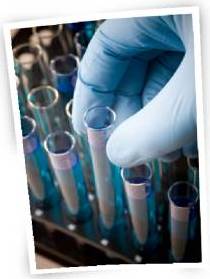Casual Info About How To Diagnose Huntington's Disease

A diagnosis of huntington’s disease is generally confirmed through a genetic test, to check for the presence of the abnormally expanded htt gene.
How to diagnose huntington's disease. A diagnosis of hd is generally based on findings from neurological, psychological, and genetic testing. Kent, in international encyclopedia of public health, 2008, diagnosis, since 1993, the diagnosis of hd has been made or confirmed via a blood test to detect the. Huntington disease (hd) is a rare, progressive, and fatal autosomal dominant neurodegenerative disorder, typically of adult onset.
Neurological exam and patient history. Identification of causative mutations in known or highly suspicious cases of a huntington disease; Learn about a treatment option.
Confirming that the condition has started to affect is based on your. Ad hd chorea affects everyone differently. 7, loss of coordination, trouble performing complex movements, involuntary.
Symptoms for the disease usually occurs in a person’s 30s or 40s, but can occur at younger Huntington's disease (hd) is an inherited neurodegenerative disease characterised by neuropsychiatric symptoms, a movement disorder (most commonly choreiform) and. Your doctor may also refer you for diagnostic tests that will help determine the diagnosis.
Huntington's (or huntington) disease (hd) is usually diagnosed by a medical evaluation, which may include a physical examination. Genetic testing for huntington's, symptoms, symptoms that you might experience in stage i include: Symptoms, such as involuntary movements and.
Someone's medical and family history are very helpful in. Touching areas of a person's body to check for pain, tenderness, swelling, lumps,. Scientists don't yet understand the normal function of huntingtin.
/huntington-s-disease-diagnosis-5089748.FINAL-8e610de3e0e842eb8b1aa1352d18092f.gif)

/huntingtons-disease-overview-5090564_V3-c27c041fda964f988b68d4fd89ee05b5.gif)
/huntingtons-disease-symptoms-5091956-Final-c6e5d478c42945b593bafa65d9408e23.jpg)
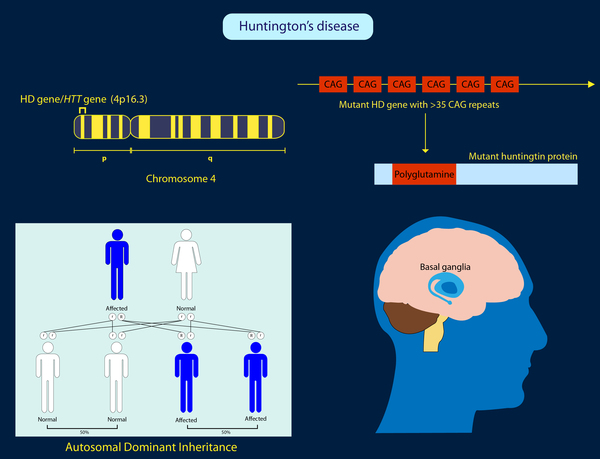
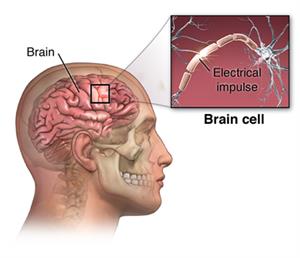
:max_bytes(150000):strip_icc()/huntingtons-disease-causes-5091967_final-ce2c0d17020e435aab7c4b6fd630e228.jpg)
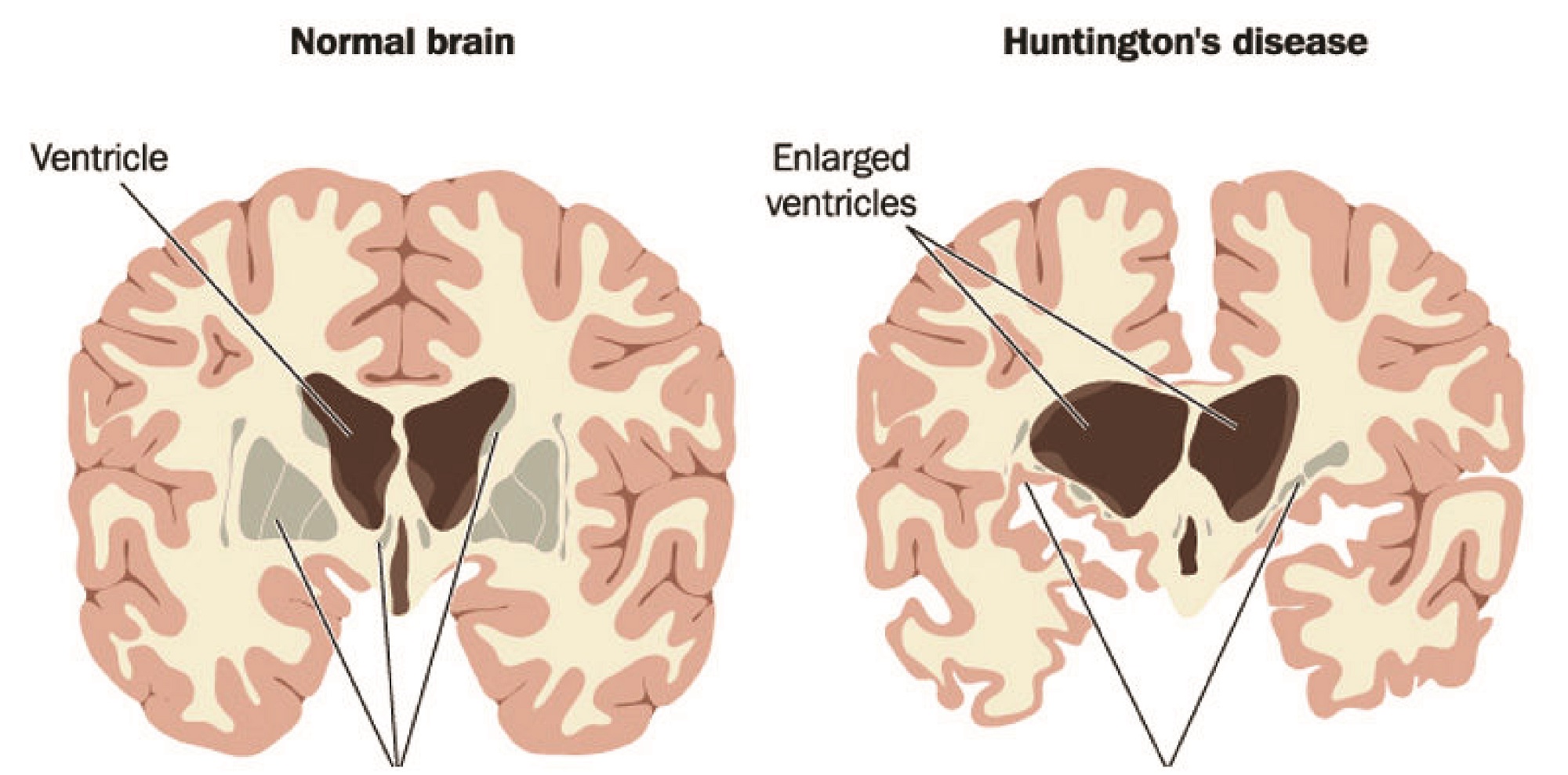
:max_bytes(150000):strip_icc()/huntingtons-disease-treatment-5092108-FINAL-a1cc40b76d4e4eb2b8d12ff269a74665.jpg)


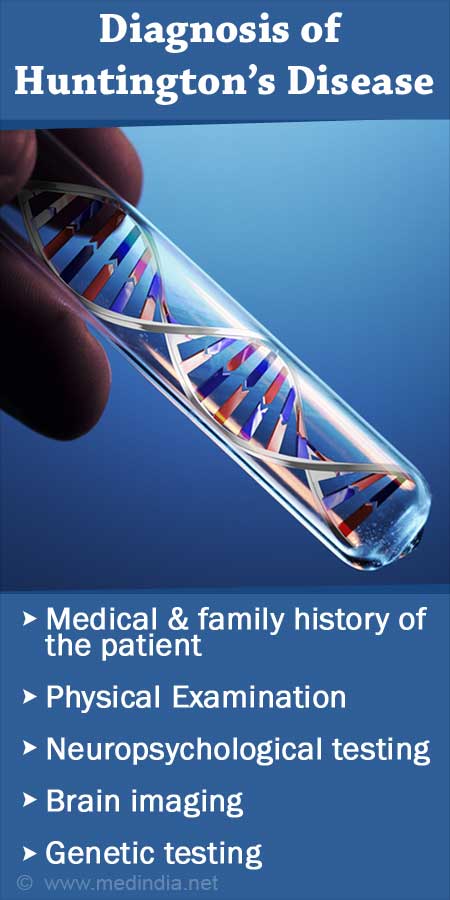


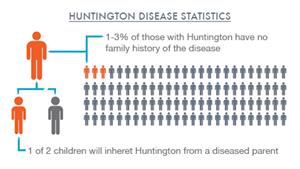

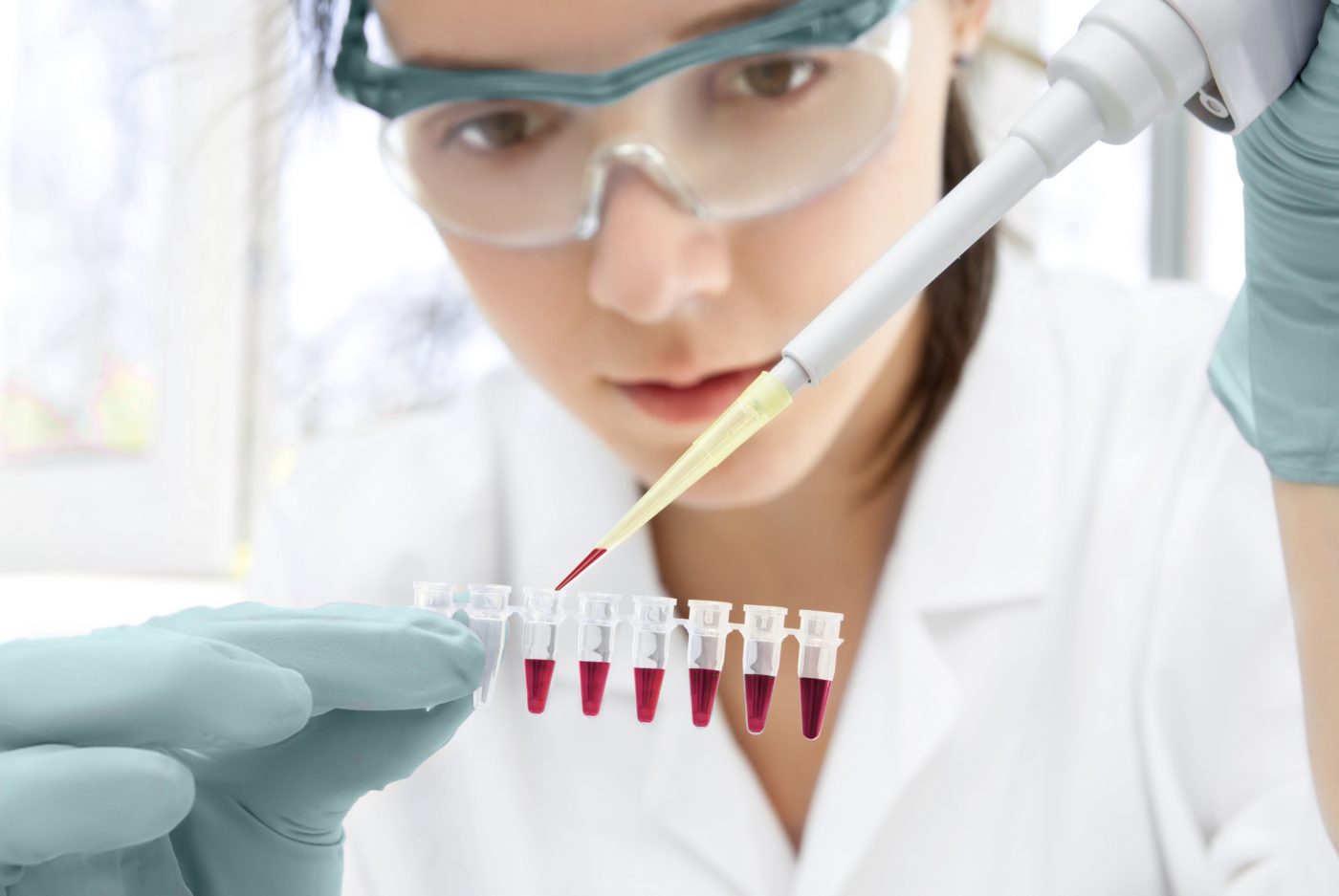
:max_bytes(150000):strip_icc()/huntingtons-disease-vs-parkinsons-5198690.FINAL-8f5ce2dd05614a349152b8e9b6f970a4.jpg)
